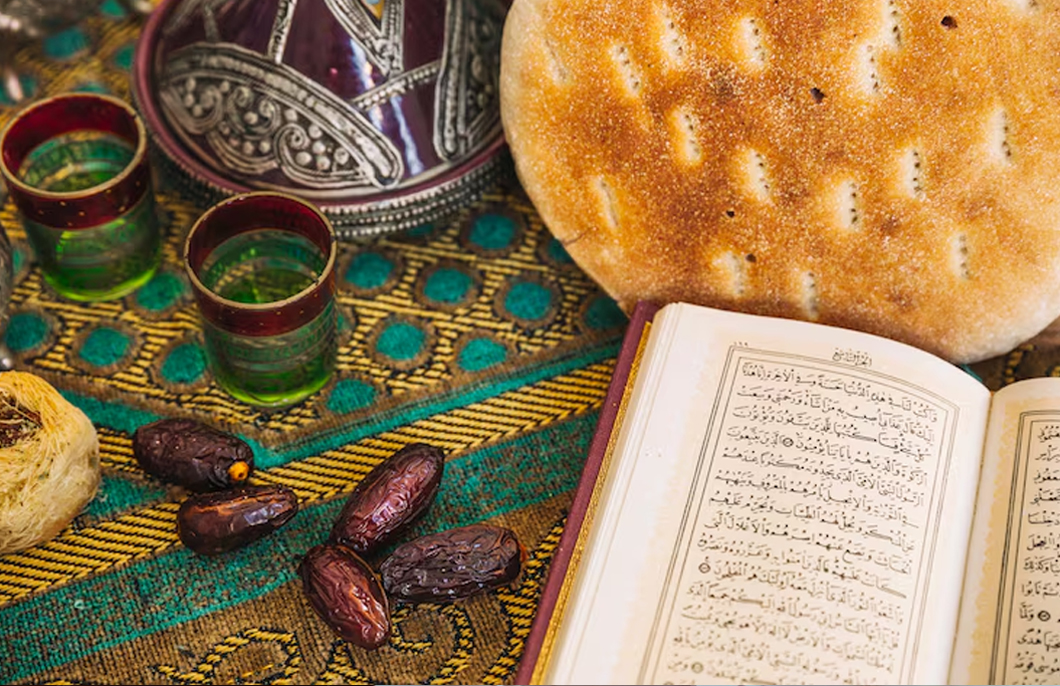Question
Is it permissible to hold gatherings on the 7th or 40th day after someone’s death (Chaliswa)? And how is it to attend such gatherings?
Bottom Line
A 40th-day party isn’t Sunnah, it’s a borrowed tradition. Skip it.
Quick Answer
Islam does not fix the 7th or 40th day for mourning or Esal-e-Thawaab. These practices are bid‘ah, taken from non-Islamic customs. Mourning is limited to three days (except for a widow’s ‘iddah). True benefit for the deceased comes from du‘a, charity, Hajj, or fasting on their behalf, not ceremonies on fixed days.
Key Takeaways
- Mourning is limited to three days, except for a widow’s iddah.
- 7th or 40th day gatherings are cultural imports, not Islamic practices.
- Real benefit for the deceased comes from du‘a, charity, and Sunnah-approved acts.
Detailed Answer
Islam is complete. Anything added later is innovation, even if intended for good.
The Prophet ﷺ said:
“It is not permissible for a woman who believes in Allah and the Last Day to mourn for more than three days, except for her husband four months and ten days.”
This shows that Islam restricts mourning to three days. Fixing the 7th or 40th day is not from the Sunnah and is considered bid‘ah.
The Prophet ﷺ also said:
“When the son of Adam dies, all his deeds come to an end except three: ongoing charity, beneficial knowledge, or a righteous child who prays for him.”
This highlights what truly benefits the deceased: ongoing charity, knowledge, and du‘a, not ceremonies tied to fixed dates.
Scholars like Shah ‘Abdul ‘Aziz Dehlawi condemned fixing such days as bid‘ah (Ikhtilaaf-e-Ummat aur Siraat-e-Mustaqeem, 1/96). Ibn Taymiyyah also stated there is no evidence for 7th or 40th day gatherings (Majmoo‘ al-Fatawa, 24/293). Ibn Hajar explained that mourning is limited to three days (Fath al-Bari).
What This Means for You
Avoid holding or attending 7th or 40th day gatherings. Instead, send continuous benefit to the deceased through du‘a, sadaqah, Hajj, or ‘Umrah, and make up any obligations they left. Esal-e-Thawaab can be done at any time without fixing dates.
And Allah knows best.
References
Primary Sources
Qur’an
- Al-Ma’idah 5:3: Islam was completed, no need for new practices.
Hadith
- Sahih al-Bukhari 1282; The mourning of a woman for a dead person other than her husband
Sahih Muslim 927: Mourning is limited to three days, except for a widow’s ‘iddah. - Sahih Muslim 1631: Deeds stop after death except sadaqah jariyah, knowledge, and du‘a of a righteous child.
Secondary Sources
- Shah ‘Abdul ‘Aziz Dehlawi, Ikhtilaaf-e-Ummat aur Siraat-e-Mustaqeem, Vol. 1, p. 96: Condemns fixing days like the 7th or 40th as bid‘ah.
- Ibn Taymiyyah, Majmoo‘ al-Fatawa, 24/293: States no evidence for post-death gatherings in Islam.
- Ibn Hajar al-‘Asqalani, Fath al-Bari, explains that the hadith restricts mourning to three days only.
Was this helpful?
Leave Your Comments
© Copyright 2025, All Rights Reserved

